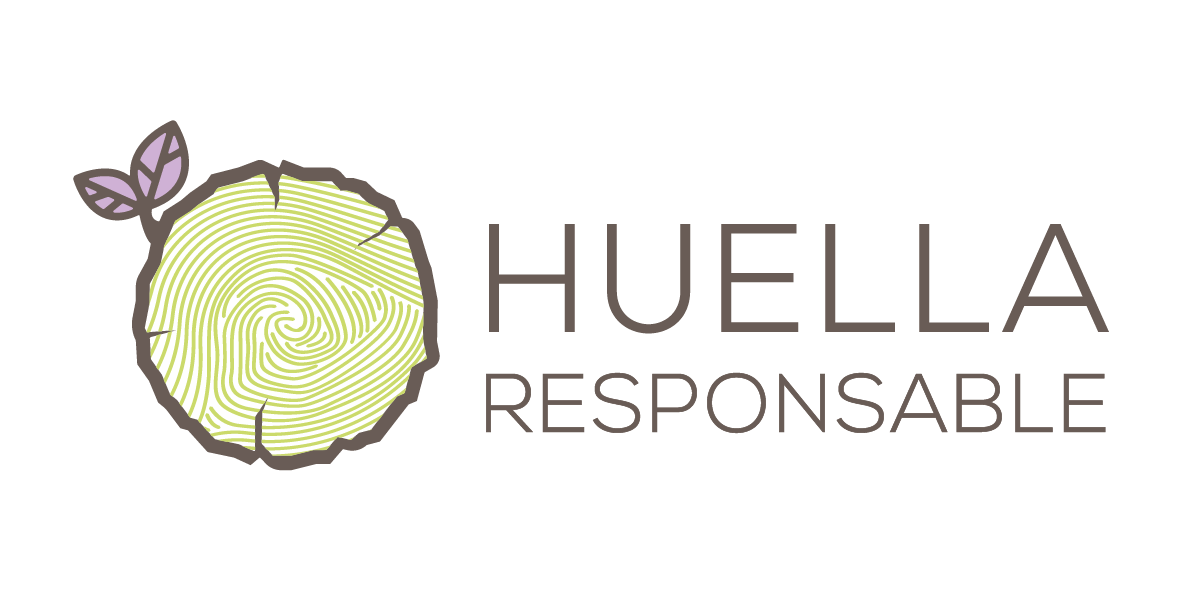
Sostenibilidad
Desafíos para un Futuro Sostenible
Why should my company be responsible?
To understand the
reasons
why any organization must be and act responsibly in its social and environmental environment, it is first necessary to understand the peculiarities of the
current environment
:
- Since The 1980s, an economic system (called neoliberal capitalism) that revolves around capital and is based on a business model that seeks to maximize short-term economic profitability and constant and unlimited growth, regardless of the negative consequences that this model has for people and the environment.
- The highest international authority that watches over human rights and life on the planet, the United Nations, has warned that
this model is unsustainable
because it is based on the idea of unlimited growth, when the Earth’s resources are limited and has sounded the alarm to all countries, all companies and all people so that we are aware of this situation and begin to act immediately before the situation becomes irreversible.
- Humanity is facing problems on a global scale that require the involvement of everyone, since governments have demonstrated their inability to resolve imbalances in terms of social justice, equality and dignity, and at the same time we observe every day how the increase in corporate power is unstoppable, surpassing that of many governments.
In 2018, 26 billionaires concentrated as much wealth as half of humanity
The days of corporate lack of responsibility are numbered. Their stakeholders (employees, shareholders, investors, customers, society and the environment) are losing confidence in them and demand a genuine social and environmental commitment.
If organizations do not meet these demands, the negative impact on reputation, on funding sources, on the structure of social capital, on the attraction and retention of talent,
will lead to a negative impact, sooner or later, on the income statement.
Therefore, any organization must understand that
Corporate Social Responsibility
is here to stay,
constituting a vector of development and competitiveness of increasing relevance.
The adoption of CSR practices offers the opportunity to develop a competitive advantage
based on two different strategies
:
Efficiency and cost reduction
, through business management practices that improve the relationship with the factors of production (capital, labor, etc.), environmental practices that increase efficiency in the use of resources, and labor practices that increase productivity.- Differentiation, through innovation in products and processes with a positive social and environmental impact and the development of Tangible Attributes (quality) or Intangible (reputation) to improve the confidence of the Current Clients and/or access to New Customers.
In short, any company must be responsible for a consequent selfishness or intelligent selfishness, because if they do not do so, the loss of trust of society in the free enterprise system will be very strong and the consequences of this would have a very negative economic impact on the private sector.
Adaptability and flexibility
CSR isn't just for the big companies
The business environment has already begun to take a stand. More and more small and medium-sized companies are integrating a sustainable model into their business strategy, regardless of their size. Each SME must exercise its responsibility in accordance with the volume and scope of its operations, its economic capacity and the impact it has on the social and environmental environment.
At Huella Responsable we propose a Corporate Social Responsibility Model that adapts to the life cycle of each organization, through a flexible process, divided into very simple stages, which adapt to the financial constraints of any company, regardless of its size and sector of activity.
The challenge for any organization is to identify this social responsibility with new business opportunities that improve its competitiveness, through a positive impact on the people around it and on the environment.
It is true that large companies have more capacity to dedicate specific resources to this area, but SMEs can apply CSR in a more natural way, as they are in more direct contact with their customers, suppliers and their environment. Conceiving Social Responsibility as an expense without repercussions on profit is a serious mistake, as there are several studies that show its contribution to intangible factors such as reputation or employee satisfaction, as well as to tangible factors such as cost and risk management, which is the main driver for 67% of companies when it comes to moving towards socially responsible practices (Source: Forética Report 2015).
Identification, Planning & Impact
Where do I start?
Start by not worrying because you have found the right team of professionals to get on the path of sustainability in the simplest way possible.
At Huella Responsable we will help you identify all the CSR actions that your company is already developing (probably without knowing it), we will help you develop an initial plan to know who your stakeholders are, what are the really relevant issues on which you have to act and how to measure and manage their impact.
We will explain a simple management model that adapts to the size of your company and sector of activity, we will give you the keys to value all this and communicate it responsibly to your employees, shareholders, suppliers, customers and the community in general.
To make it easier for you and within the framework of our own CSR strategy, which seeks to expand social responsibility among small and medium-sized enterprises in Spain,
Check out all the solutions we can offer you
Contact nosotr@s and tell us what you need.
